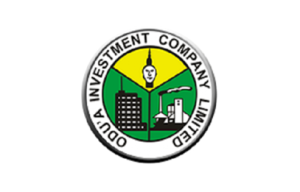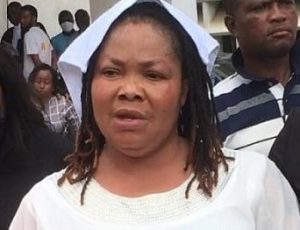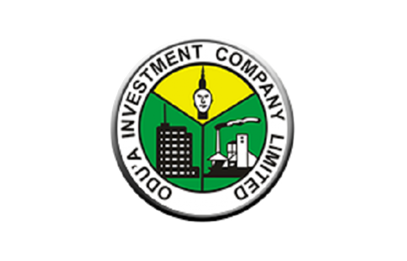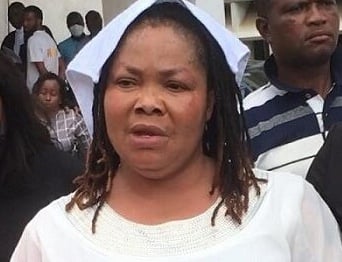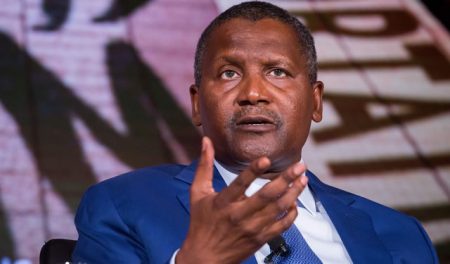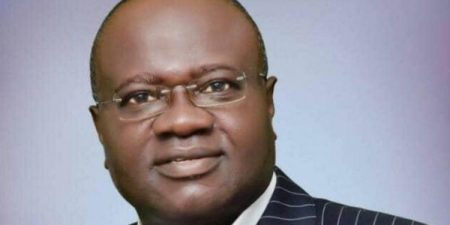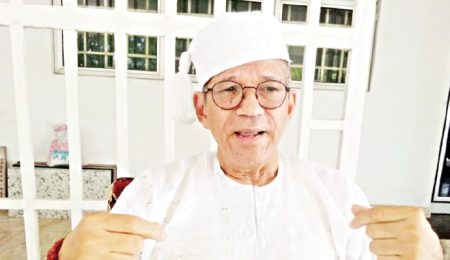The political landscape of Osun State, Nigeria, has been recently enlivened by a war of words between supporters of former Governor Rauf Aregbesola and the current administration of Governor Ademola Adeleke. The catalyst for this exchange was a rally held in honor of Aregbesola, where he reportedly expressed his intention to lead his group in ousting Adeleke from office in the 2026 gubernatorial election. Adeleke’s spokesperson, Olawale Rasheed, responded by labeling Aregbesola’s administration as the worst in Osun’s history, citing a legacy of substantial debt and incomplete salary payments to civil servants. This sparked a strong rebuttal from the Omoluabi Progressives, a group with Aregbesola as its patron.
The Omoluabi Progressives, through their Organising and Publicity Secretary, Oluwaseun Abosede, vehemently defended Aregbesola’s tenure, arguing that the debts incurred were not a product of recklessness but rather a consequence of investments in crucial assets. They contended that the current economic climate, marked by inflation and biting policies of the ruling elite, would make replicating these infrastructural developments exponentially more expensive today. Abosede expressed pity for the Adeleke administration, accusing it of being trapped in political confusion and resorting to baseless blame games instead of focusing on governance.
Addressing the accusations of leaving the state in significant debt, Abosede clarified that the modulated salary regime implemented during Aregbesola’s time was not malicious but a necessary measure taken in response to a national economic crisis. He pointed out that over 20 states faced similar salary challenges due to dwindling oil revenues and a crashing economy, attributed to the alleged theft of substantial amounts of crude oil, impacting federal allocations to states and local governments. Furthermore, Abosede highlighted that Aregbesola’s financial management had been scrutinized and cleared by the National Assembly during his ministerial screening, validating the transparency of his administration both in Osun and later as Minister of Interior.
The Omoluabi Progressives emphasized the warm reception Aregbesola received upon his recent return to Osun, interpreting it as a testament to his enduring popularity and a rejection of the narrative being propagated by the current administration. Abosede argued that the large, enthusiastic crowds who gathered to welcome Aregbesola were not rented or coerced, but rather a spontaneous outpouring of genuine affection, demonstrating the people’s continued support for the former governor. This, they claimed, should serve as a clear message to the incumbent governor.
Abosede further cautioned the Adeleke administration against repeating the mistakes of the previous governor who, they argue, spent his entire tenure attacking Aregbesola’s legacy, a strategy that ultimately led to his electoral defeat. They advised Adeleke to focus on governance rather than engaging in futile and self-destructive attacks. The Omoluabi Progressives urged the public to disregard Adeleke’s criticisms, characterizing them as desperate attempts to divert attention from his own performance.
The ongoing exchange between the two camps highlights the deep-seated political divides in Osun State and underscores the enduring legacy of Rauf Aregbesola, which continues to be a subject of both praise and criticism. The Omoluabi Progressives’ robust defense of Aregbesola’s record serves as a clear indication that his supporters remain steadfast in their belief in his leadership and accomplishments. The ongoing debate underscores the importance of transparent financial management and the challenges faced by state governments in navigating economic downturns while meeting the needs of their citizens. As the 2026 gubernatorial election approaches, this exchange serves as a precursor to what promises to be a highly contested and closely watched political battle.


